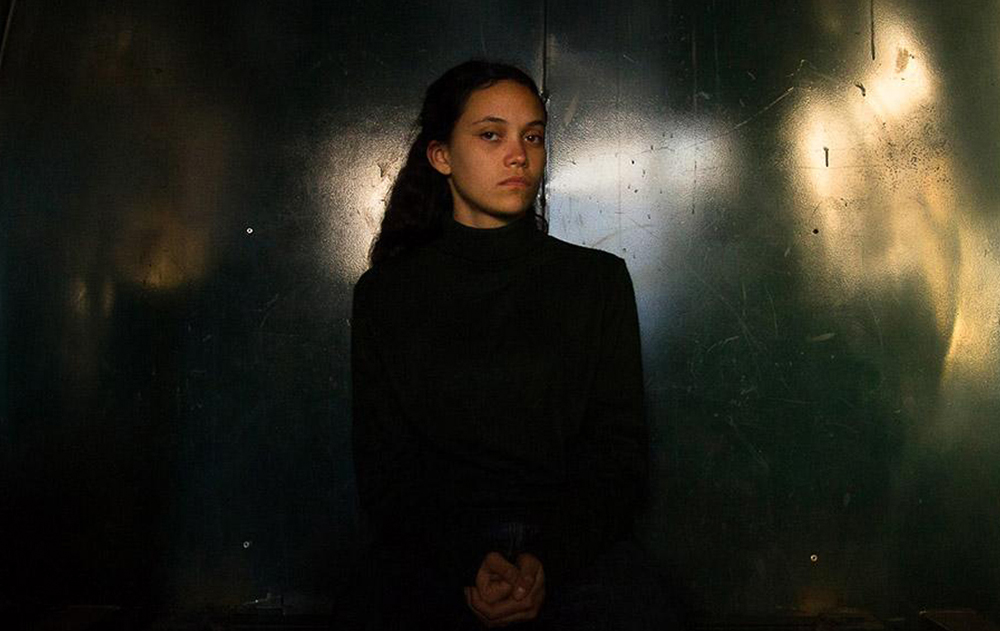It takes a bit for the full effect of the opening of “Blanquita” to settle in, peering into a quiet room where its titular character (Laura López) sits, ready to swing a door open to chaos. A suggestion of what’s about to unfold in Fernando Guzzoni’s enigmatic drama is one thing, but what’s more impressive is the feeling of disorientation such an introduction creates when it sets in motion a series of events that would seem to have nothing to do with it, as Blanca moves to calm down another resident at the foster home where she’s staying with her child and ends up being triggered by what she hears from her distraught housemate Carlos, who throws around furniture as if they were the ideas bouncing around his head after suffering years of abuse. Blanquita has only recently returned to the shelter with a young daughter in tow, but she grew up there and is welcomed back with open arms by its administrator Manuel, who could use her help. The screams in the halls don’t rattle her when she heard everything in her youth, but something Carlos says brings back trauma she couldn’t predict, or at least so she says to Manuel, leading him to seek out authorities who could help her find justice.
The inspiration for Guzzoni’s third narrative feature was a sensational sex scandal in his native Chile nearly two decades ago, where a prominent businessman with powerful ties was accused of running a child pornography ring, and “Blanquita” imagines what it was like for the young woman to come forward and ends up becoming a searing indictment of the entire system when it comes to how such cases are handled. It is clear from the start that Blanquita herself might not be the most trustworthy of accusers when she allows herself a smile when photographers start taking her picture, feeling as if she’s getting some attention for the first time in her life, but her story of being pulled off the streets where she was working as a prostitute by a local millionaire, who paid for her attendance at sex parties and eventually wanted to coerce her into porn, is detailed enough to pass psychological evaluations and begin a police investigation. It also captures the interest of Representative Piedad Garcia, who has spearheaded an effort to rid the country of pedophile rings and is both upset and a little intrigued by opportunity when one of her esteemed colleagues is identified in Blanquita’s testimony.
Guzzoni never leaves Blanquita’s side as she makes these accusations and take on momentum, letting the outside world exist only in the occasional background noise of news reports, but you can feel the narrative getting away from her as others start to have their own motives for either building her up or tearing her down, whether it’s Manuel or Marcos, the father of her child who makes a surprise appearance at the gates of the foster home to talk. Cinematographer Benjamín Echazarreta’s sterling use of a wide, isolating frame where some unexpected angle would seem to reflect a perspective on the case another character couldn’t predict and when Guzzoni enables the audience to piece together things at the same rate as Blanquita does, learning of certain affiliations and machinations well after their initial allusions in the story that the more politically savvy are aware of earlier, information becomes a way of showing how the decks are stacked against the most vulnerable. “Blanquita,” however, counters with considerable strength of its own.
“Blanquita” will screen again in the Orizzonti section of the Venice Film Festival on September 5th at 1 pm at the PalaBiennale.




